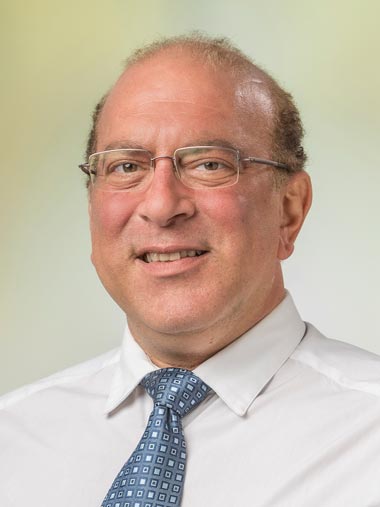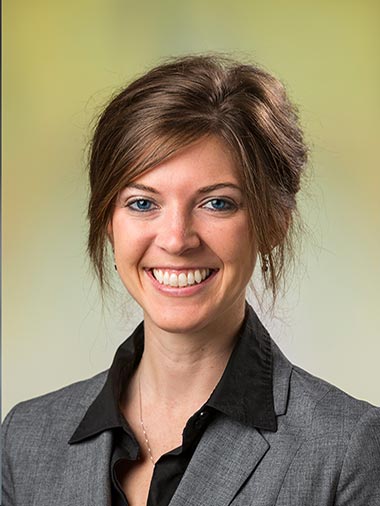Breast Health
Make An Appointment
Essentia Health Cancer Center
(Duluth)
Call 218-786-1019
Essentia Health Cancer Center (Fargo)
Call 701-364-8910
Essentia Health St. Joseph’s Cancer Center (Brainerd)
Call 218-828-3113




When to See a Provider
Talk to your primary care provider or gynecologist about your breast health if you notice:
- Changes in the size or shape of the breast
- Painful or itchy sore on the nipple
- Liquid coming from the nipple without squeezing
- Swelling, redness, warmth or darkening of the breast
- Lump, hard knot, or thickening in breast or underarm area
- A change in skin texture such as puckering or dimpling
- Your nipple pulls in or changes its position or shape
- New pain in one spot that does not go away
Routine Breast Exams
Ideally you should have a clinical breast exam performed by your primary care provider or gynecologist every year. During a clinical breast exam, your provider checks your breasts for warning signs of breast cancer.
Between appointments, we encourage self-breast awareness. Breast self-awareness is different from breast self-exam. Breast self-awareness is knowing how your breasts normally look and feel. Your breasts change as you go through different stages of your life. So it's important to learn what is normal for you.
Do I Need a Mammogram?
When breast cancer is caught early, it’s easier to treat. That’s why Essentia Health recommends women with an average risk of developing breast cancer get a mammogram every year beginning at age 40. You and your doctor may decide that you need mammograms less often after you turn 75.
In Minnesota, the following locations participate in the Sage Screening Program, which offers free mammograms to women who meet eligibility requirements:
- Essentia Health-Duluth Clinic 1st Street Building
- Essentia Health St. Joseph’s-Baxter Clinic
- Essentia Health-St. Joseph's Medical Center (Brainerd)
Conditions Treated
See the full list of conditions we treat, and select a condition to find providers and locations near you.
Breast Imaging Services
Access a wide range of breast imaging services through Essentia Health. Your provider may use breast imaging to detect or diagnose breast disease. Depending on your symptoms and breast density, your provider may recommend:
- Digital mammography
- 3-D mammography
- Breast ultrasound
- Breast MRI
- Image-guided breast biopsy
- Ultrasound guided breast cyst aspiration
Your Breast Health Care Team
Your care team may include:
- Breast cancer nurse navigators
- Breast surgeons
- Genetic counselors
- Mammography technologists
- Medical oncologists
- Nurse practitioners
- Occupational therapists
- Pathologists
- Physical therapists
- Plastic surgeons
- Radiologists
- Radiation oncologists
- Registered nurses
- Social workers
- Ultrasound technologists
What's My Breast Cancer Risk?
Your risk of breast cancer depends on many factors. Work with our breast health care team to learn about your risk and develop a personalized care plan. Your plan may include breast cancer education, lifestyle changes, genetic counseling and testing, and/or custom screening recommendations.
High-Risk Breast Cancer Care
The Essentia Health High-Risk Breast Cancer Program focuses on helping patients understand their risk for developing breast cancer. After a thorough history, examination and education session, patients and the Breast Health Program Nurse Practitioner partner together to form a personalized plan of care.
Lower Your Breast Cancer Risk
You can control some of your breast cancer risk factors. To lower your risk of developing breast cancer, make healthy lifestyle choices.
- Keep a healthy weight
- Women with a BMI (body mass index) lower than 25 are less likely to develop breast cancer than women with a higher BMI.
- Make exercise part of your routine
- Regular exercise decreases a woman’s risk of breast cancer by 10-25%. Aim for moderate physical activity 20-30 minutes/ day, 4 days/week.
- Limit how much alcohol you drink
- Don't drink more than one alcoholic drink per day. Women who have 2-3 drinks per day have a 20% higher risk of breast cancer.
- Limit hormone use for symptoms of menopause
- Hormone therapy with estrogen and progesterone increases the risk of breast cancer. Higher risk is associated with longer use.
- Breastfeed if you can
- Breastfeeding for a year or more has been shown to decrease a woman’s risk of breast cancer.
- Don’t smoke
- If you smoke, talk with your primary care provider about options for quitting. Smoking increases breast cancer risk especially in long-term, heavy smokers.
Nationally Accredited
Trust Essentia Health for high-quality, evidence-based breast care. Our breast health programs in Brainerd and Duluth, Minnesota and Fargo, North Dakota are accredited by the National Accreditation Program for Breast Centers (NAPBC). This accreditation is granted to programs that are committed to providing the best possible care to patients with breast diseases.
Current Clinical Research Studies
Talk to your doctor to see if you may be eligible to participate in a research study through the Essentia Institute of Rural Health. By participating in a clinical study, you may have access to treatments, medications and medical devices that are not widely available.
-
Mammography
Detect breast cancer early with regular mammograms at Essentia Health in Minnesota, North Dakota, and Wisconsin.
-
High Risk Breast Cancer Care
Essentia Health's High-Risk Breast Cancer Program is a specialized part of the Breast Health Program focused on helping patients understand their risk for developing breast

